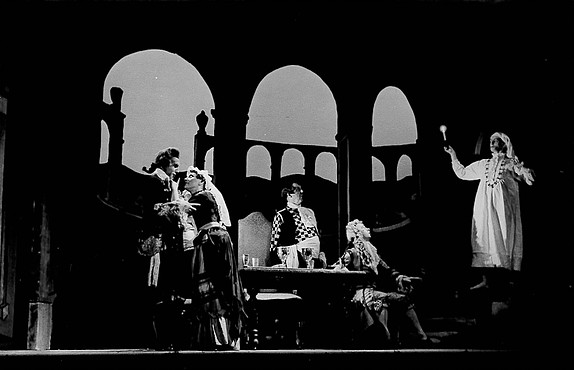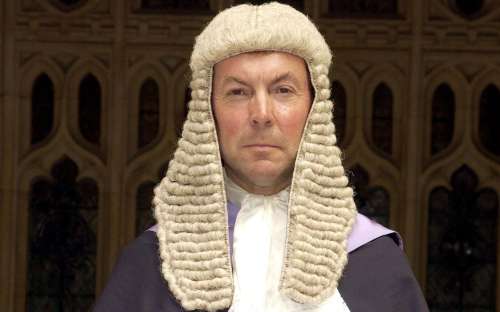 Photo from Marlowe Society Cambridge Shakespeare's Twelwth Night where John Holmstrom was Sir Aguecheek, a fool with a garish sense of dress
Photo from Marlowe Society Cambridge Shakespeare's Twelwth Night where John Holmstrom was Sir Aguecheek, a fool with a garish sense of dress
Dr Morris Fraser, a founding member of Paedophile Information Exchange dedicated his book to John Holmstrom, an ex BBCR3 broadcaster. Amazon delivered Death of Narcissus with Dr Morris dedication to John Holmstrom "With best wishes Morris". Read on the link below on the journalists findings on John Holmstrom, yet another BBC paedophile, a member of Paedophile Information Exchange.
https://bitsofbooksblog.wordpress.com/2015/05/18/1976-albany-trusts-pie-pal-minutes-of-meetings-and-was-john-of-the-drafting-committee-from-bbcr3/
John Holmstrom wrote a book The Moving Picture Boy Encyclopaedia where the book is described:
John Holmstrom, the literary editor of the Royal Shakespeare Company and a governor of the British Film Institute, spent decades travelling the world to research and write the universally acclaimed book The Moving Picture Boy Encyclopaedia. In doing so he assembled a photographic archive that is, of its kind, without equal in Great Britain. Film historian Paul Sutton showcases hundreds of photographs and posters from the collection, around which he writes a history of this rare part of cinema. Many of the photographs have never before been published. In addition to the stills and posters, the book includes a delightful 67-page scrapbook of Holmstrom's newspaper and magazine cuttings from around the world; and a selection of letters to Holmstrom from former boy actors in Britain, Italy, France, Germany, America, India and Hungary.
John Holmstrom had a number of fashion shops for boys, including Colts in Hampstead, London
A British merchant reports, "In 1965 I started in Hampstead, London, a shop called "Colts," which offered a selection of "the world's best casual clothing" for boys of school age. Colts catered solely for boys' leisure wear, largely imported from France, Holland, Belgium, Germany and the United States. The introduction to our catalog declared: `We're noted for the brilliance and sophistication of our sports shirts, the sumptuous variety of our corduroys, the tough-ness of our jeans, and the shortness of our shorts. The Continent shows us that school-boys don't have to be Just Williams or bedraggled grey mice; they can be quite shapely animals if their clothes give them half a chance'." The catalog shows a range of stylish clothes that were becoming popular in England, including cord jackets, bright polo-shirts, jeans, and suits with mod and traditional styling. There was even an American-style baseball cap--at the time quite novel in England. Colts operated in England between 1965 and 1975, with branches in Hampstead (London), Richmond (Surrey), Guildford, Chester, Bath, Reading, and Brighton. Colts did not do general outfitting and no school or formal clothes, they indicated, however, that "... most of our casuals are elegant enough to hold their own in any company."
In psychoanalysis horse has been interpreted as representing sexuality and one wonders if any of the local analysts worked it out. Did any abuse occurred in these shops?
 http://www.telegraph.co.uk/news/2016/04/19/teenager-spared-jail-for-revenge-attack-against-paedophile/Recently, a number of newspapers and Internet websites reported on the case judged by Judge Jonathan Durham Hall in Bradford where a victim of abuse let down by the legal system was treated fairly after she almost killed her abuser. Click on the photograph to read an article in Telegraph.
http://www.telegraph.co.uk/news/2016/04/19/teenager-spared-jail-for-revenge-attack-against-paedophile/Recently, a number of newspapers and Internet websites reported on the case judged by Judge Jonathan Durham Hall in Bradford where a victim of abuse let down by the legal system was treated fairly after she almost killed her abuser. Click on the photograph to read an article in Telegraph.